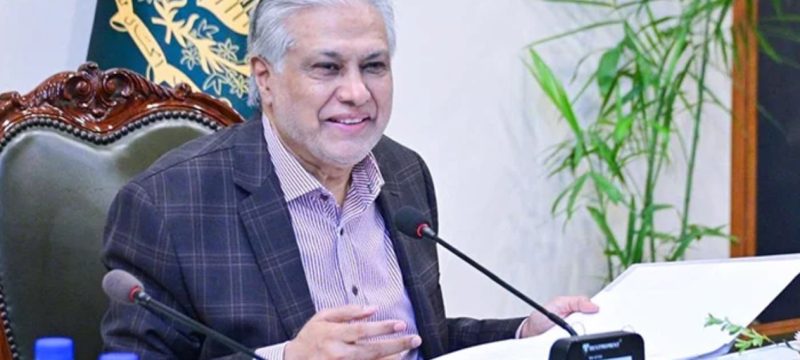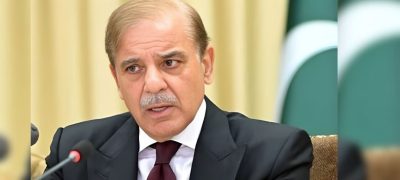In a significant diplomatic development, Pakistan’s Foreign Minister Ishaq Dar is scheduled to visit Bangladesh next month, marking a major improvement in relations between the two countries after the ousting of the pro-Indian government in August last year. This will be the first visit by a Pakistani foreign minister to Dhaka since 2012. The visit comes at the invitation of Dar’s Bangladeshi counterpart and is seen as a move toward cementing ties that had remained strained for over a decade.
At a news conference, Dar spoke about the warming relations between the two nations and confirmed that Bangladesh’s Chief Executive, Dr. Muhammad Yunus, has also accepted an invitation to visit Islamabad at mutually agreed dates. This marks a new era of engagement, following the 15-year tenure of former Bangladeshi Prime Minister Sheikh Hasina, whose government maintained close ties with India and distanced itself from Pakistan.
Also Read: Bangladeshis rally in Dhaka to mark student uprising, Sheikh Hasina’s ouster
Relations have notably improved since Hasina’s ouster, with Bangladesh lifting restrictions on Pakistani exports and enhancing bilateral trade. The two countries have even started direct sea trade, signaling a growing economic partnership. Dar emphasized that Pakistan considers Bangladesh a “brother country” and is ready to extend all possible assistance to Dhaka.
During the press conference, Dar also touched on pressing security matters, including the resurgence of terrorism in Pakistan. He criticized the policies of the previous PTI government and its handling of the Tehreek-e-Taliban Pakistan (TTP). Specifically, he pointed to decisions made under the former DG ISI Lt General (retd) Faiz Hameed, which allegedly led to the re-entry of 35,000 to 40,000 TTP members into Pakistan. Dar questioned how these militants were allowed to cross into the country and blamed flawed policies for the increased security threats.
On the international front, Dar asserted that Pakistan is no longer facing diplomatic isolation. He highlighted recent achievements, such as hosting the Shanghai Cooperation Organisation (SCO) summit and several high-level visits, signaling Pakistan’s expanding global presence.
Responding to a question regarding a Washington Post story on India’s alleged involvement in extraterritorial killings, Pakistan’s Foreign Office spokesperson Mumtaz Zahra Baloch reiterated the country’s concerns about such actions, not only in Pakistan but in other nations as well. She also clarified that Pakistan’s ports, including Gwadar, are purely meant for trade and development, with no intention of offering military bases to any foreign power.









